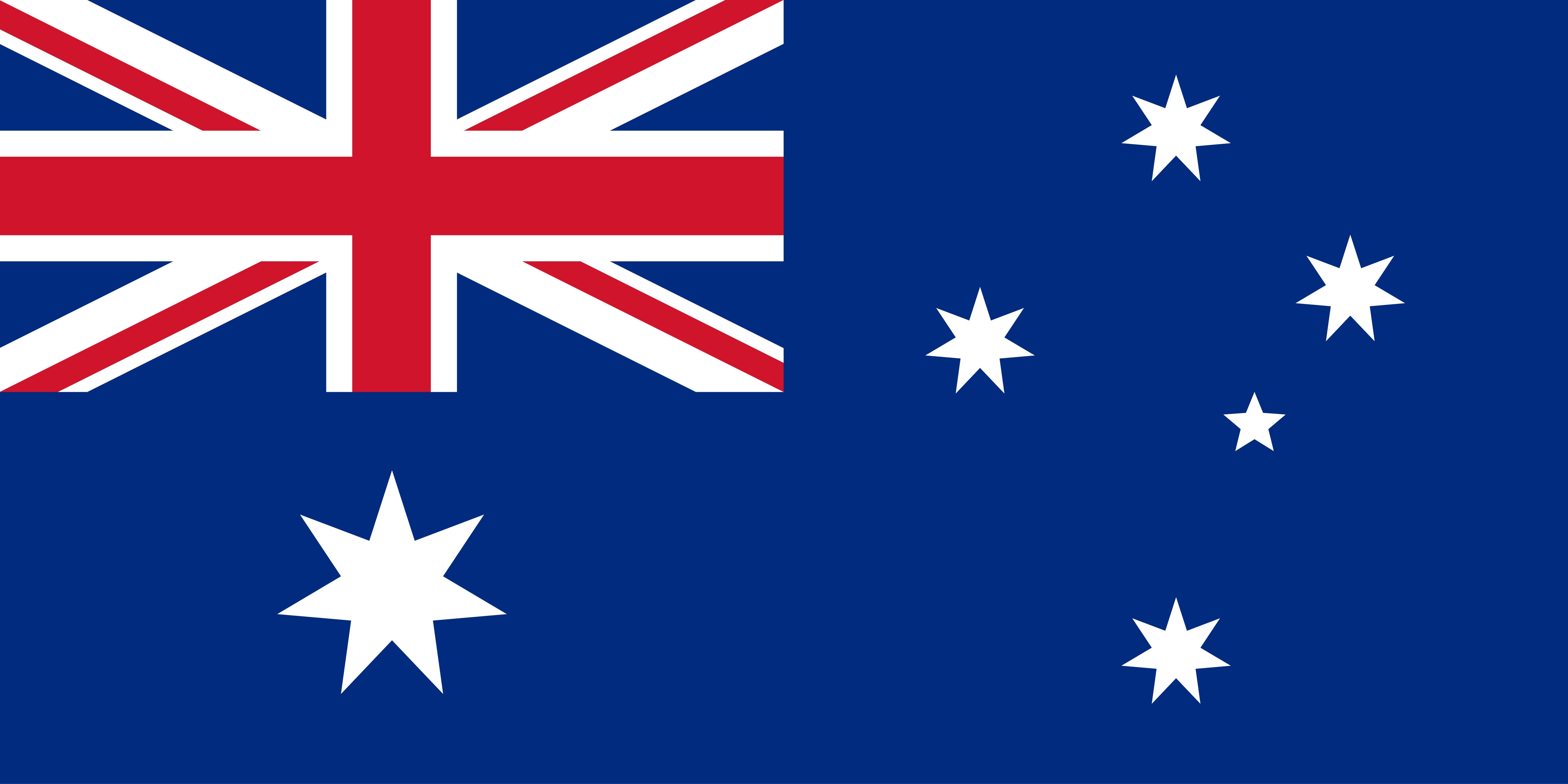In November, 2009, an aircraft operated by Pel-Air Aviation Pty Ltd. (“Pel-Air”) flew on a charter flight from Samoa to evacuate a patient and her husband to Melbourne. Six people were on board the aircraft, including Ms. Karen Casey, a nurse employed by Care Flight (NSW), and Dr. David Helm. The aircraft was scheduled to refuel at Norfolk Island but poor weather forced the pilot to ditch the aircraft in the sea. Everyone on board the aircraft survived, but Ms. Casey and Dr. Helm were both seriously injured and commenced an action against Pel-Air in the Supreme Court of New South Wales.
As the case involved an international flight, the Montreal Convention applied to their claims for damages. At trial, the primary judge of the Supreme Court found in favour of the Plaintiffs and awarded damages to Ms. Casey for both her physical and psychological injuries, including PTSD (click here for our prior blog entry discussing this decision).
Under the provisions of the Montreal Convention, air carriers are strictly liable for
“damage sustained in the case of death or bodily injury of a passenger upon condition only that the accident which caused the death or injury took place on board the aircraft or in the course of … embarking or disembarking …”
Despite the overwhelming international jurisprudence that PTSD is not a “bodily injury” the judge found that the expert evidence before the court was consistent with chemical changes occurring in the Plaintiff’s brain and body. Further, the Plaintiff did not have normal brain function as a result of alterations to the chemical transmitting agents which are important in brain functioning. In the circumstances, the trial judge determined that the Plaintiff’s PTSD constituted a “bodily injury”. Pel-Air appealed this decision. One of the central issues for the Court of Appeal was whether the trial judge erred in concluding that Ms. Casey’s PTSD constituted a “bodily injury”.
In a unanimous decision issued on March 9, 2017, the Court of Appeal allowed the appeal and found that while “bodily injury” does not exclude consideration of damage to a person’s brain, there must be evidence of actual physical damage to the brain. While there was evidence to support the conclusion that Ms. Casey’s brain was malfunctioning as a result of biochemical changes, there was no evidence that her brain had been physically changed. The biochemical changes did not amount to “bodily injuries”.
The Court of Appeal found that “the expression ‘bodily injury’ connotes damage to a person’s body, but there is no reason to regard this as excluding consideration of damage to a person’s brain. Thus if the evidence in a particular case demonstrates that there has been a physical destruction of a part or parts of the brain, ‘bodily injury’ will have been proved.” In this particular case, there was no proof that Ms. Casey’s PTSD resulted from actual physical damage to her brain.
The Court of Appeal went on to find that “it is insufficient for a Claimant to prove that the function of his or her brain has changed or even that chemical changes have occurred in it. In the absence of compelling medical evidence to the contrary, such malfunctioning or chemical changes cannot fairly be described as ‘injuries’ to the body. Moreover, importance must be attached to the adjective ‘bodily’ as a limiting word. It clearly draws a distinction between bodily and mental injuries: mental injuries are covered only if they are a manifestation of physical injuries or if they result from physical injuries (including physical injuries to the brain).”
This decision of the NSW Court of Appeal is consistent with the overwhelming international jurisprudence which has considered whether or not psychological injuries such as PTSD constitute a “bodily injury” and found that they do not. However, it arguably leaves open the possibility that future developments in science may establish medical evidence that psychiatric disorders can cause physical (as opposed to chemical) changes to the brain.


